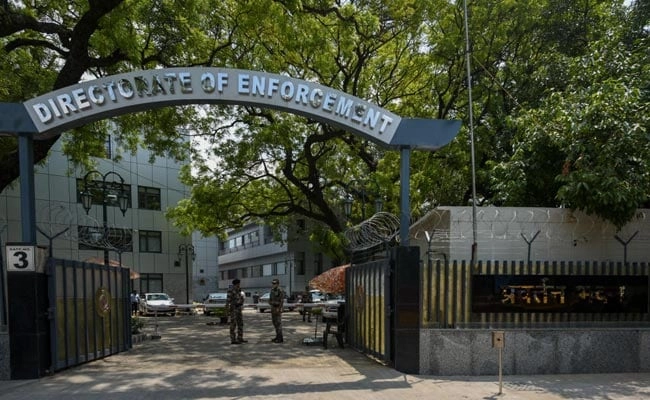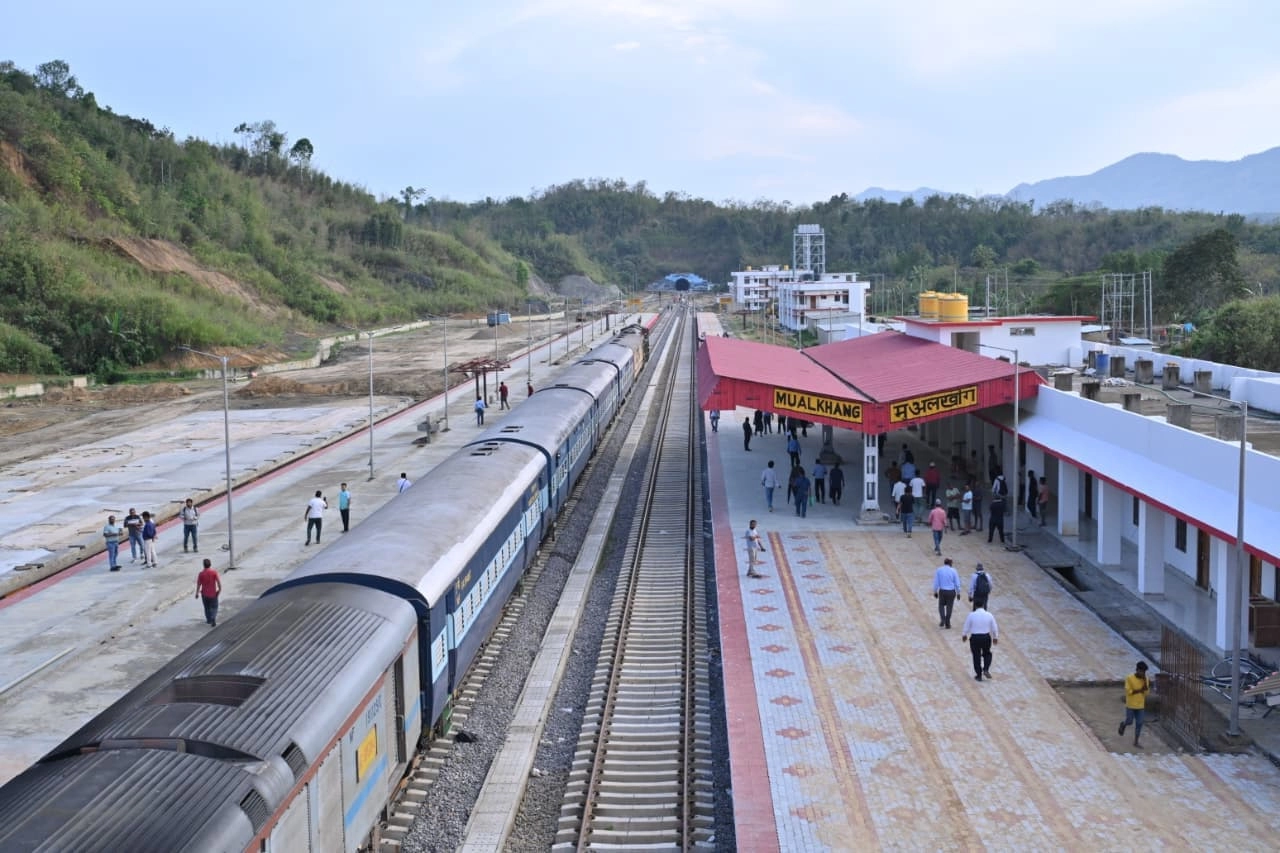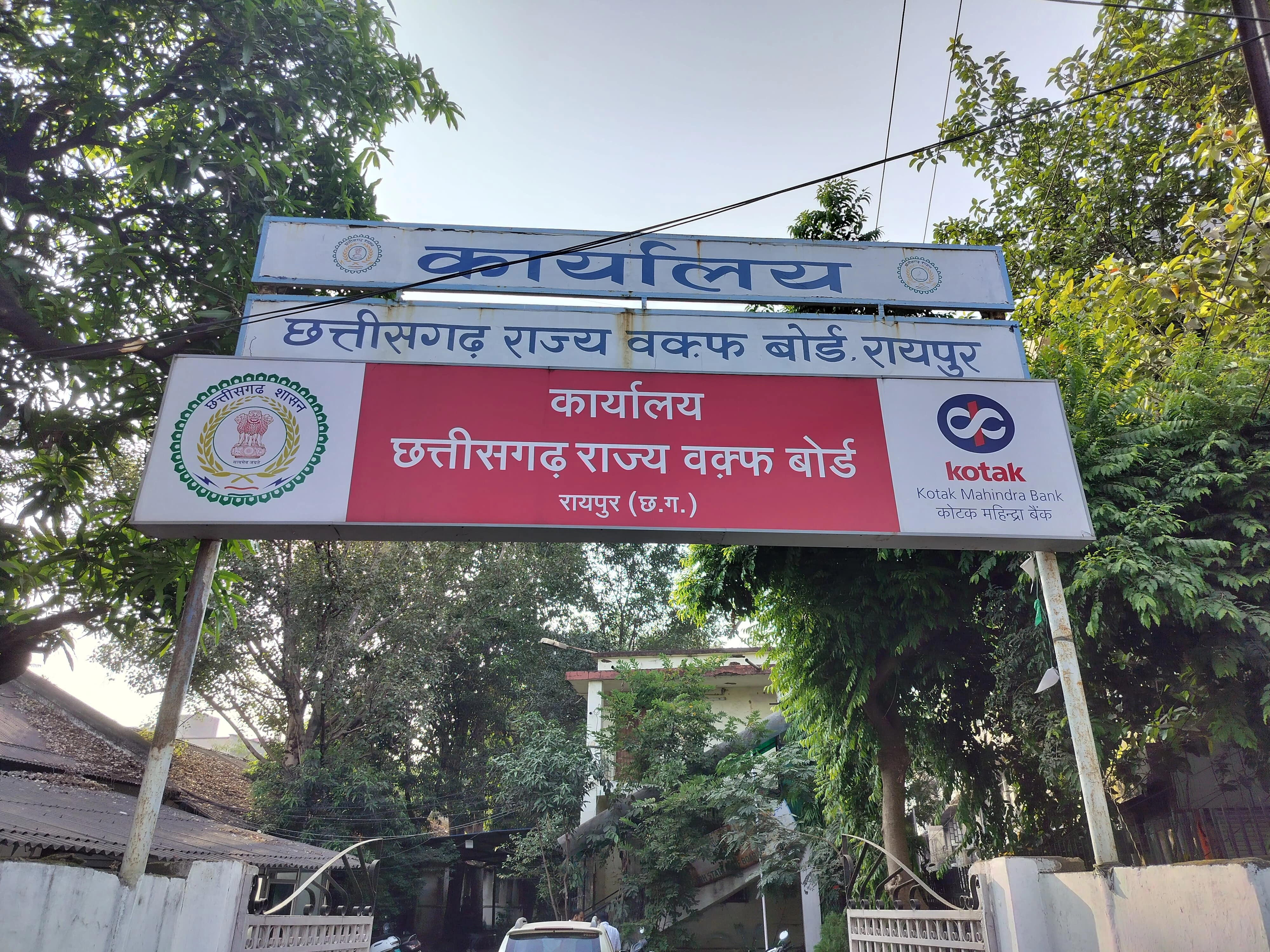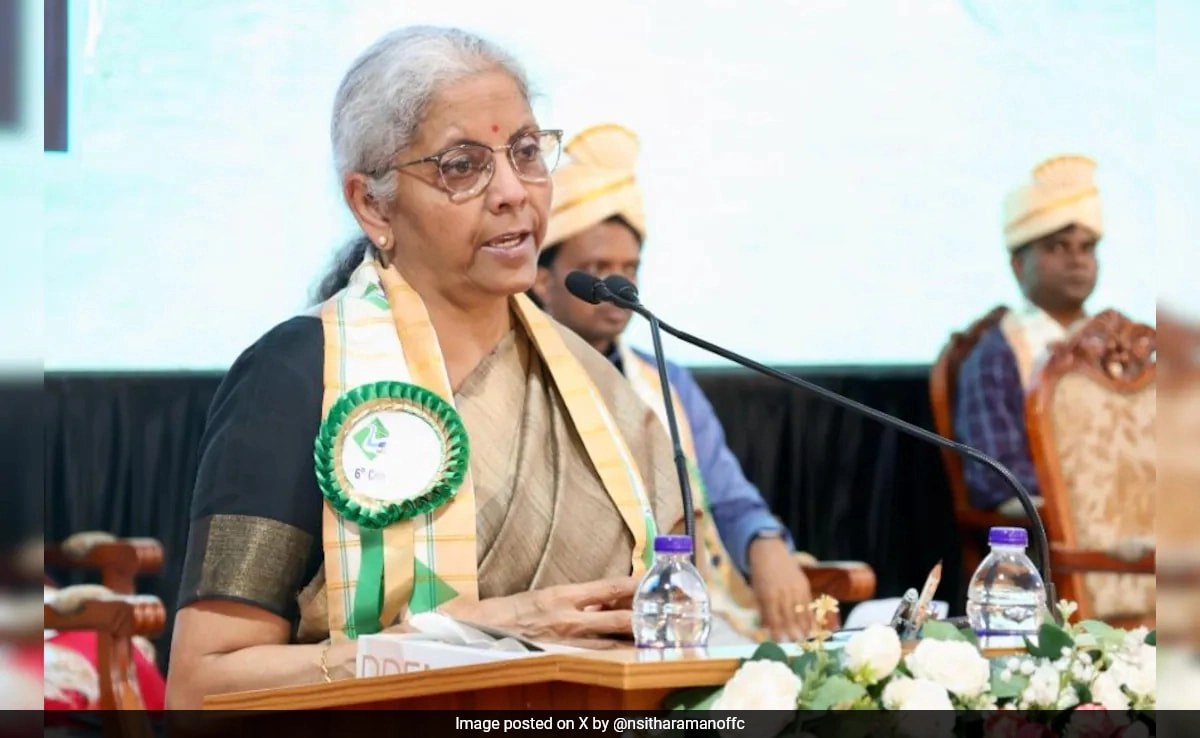The ongoing investigation into the NRI quota admissions scam in Bengal and Odisha has revealed significant lapses in action by the respective state governments. According to the probe agency, there has been a failure to address the fraudulent activities associated with the admission of students under the Non-Resident Indian (NRI) quota. This quota, intended to facilitate the entry of foreign students into Indian educational institutions, has been exploited by certain unscrupulous elements, leading to a rise in irregular admissions and financial malpractices.
The agency’s findings indicate that numerous colleges and universities in Bengal and Odisha have been implicated in the scandal, with many institutions allegedly accepting hefty sums of money in exchange for securing seats for students under the NRI quota. This has raised serious concerns about the integrity of the admissions process and the potential loss of opportunities for deserving candidates who are left at a disadvantage due to these unethical practices. The lack of stringent measures to curb this corruption has prompted calls for accountability and reform in the educational sector.
Moreover, the probe agency has criticized the state governments for their inaction, suggesting that their failure to intervene earlier allowed the scam to proliferate unchecked. It underscores the urgent need for transparent policies and rigorous oversight mechanisms to ensure that the admission processes are fair and equitable. Educational institutions must be held accountable for their practices, and there must be a concerted effort to restore public trust in the system. As the investigation unfolds, it remains to be seen how the authorities will respond to these revelations and whether they will implement necessary changes to mitigate future occurrences of such scams.
The implications of this scandal extend beyond the immediate issue of admissions; they also reflect broader systemic problems within the higher education sector in India. The NRI quota, while designed to attract international talent, must be managed with integrity to uphold the quality and reputation of Indian universities. Addressing these challenges will require a collaborative effort among various stakeholders, including government entities, educational institutions, and civil society, to establish a more transparent and fair admissions framework that serves the interests of all students.




